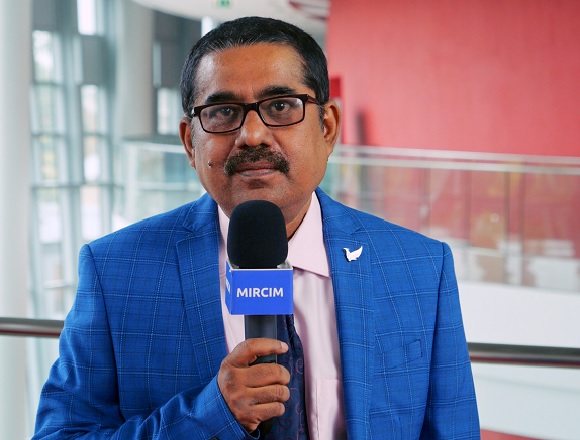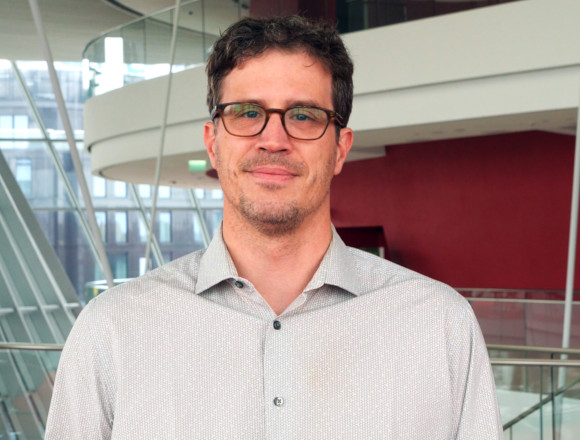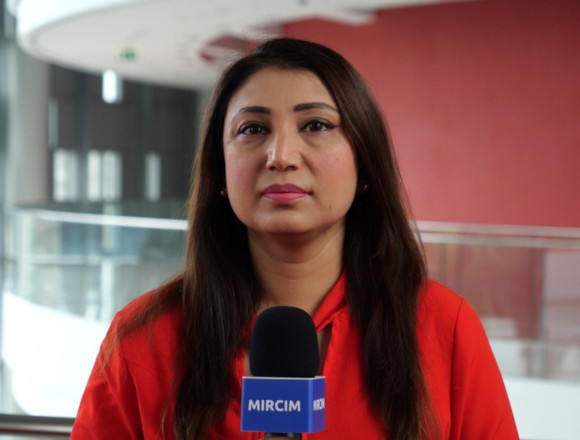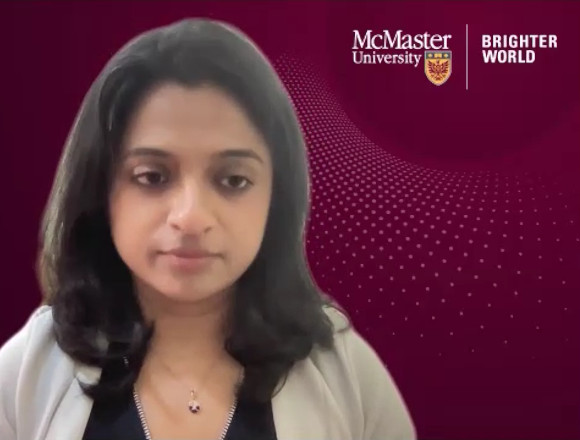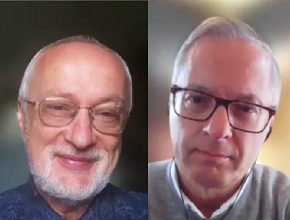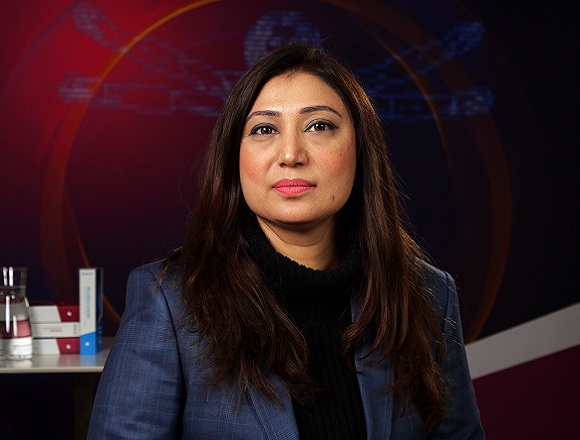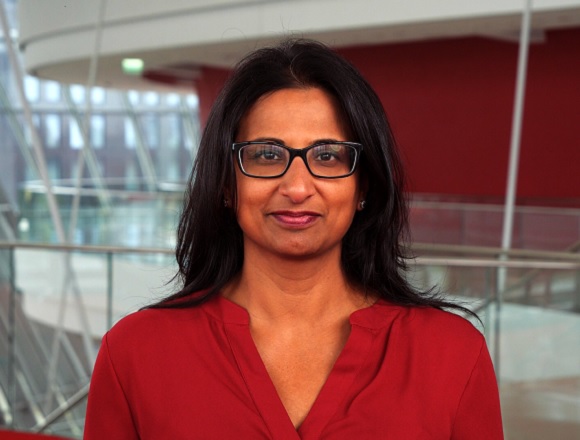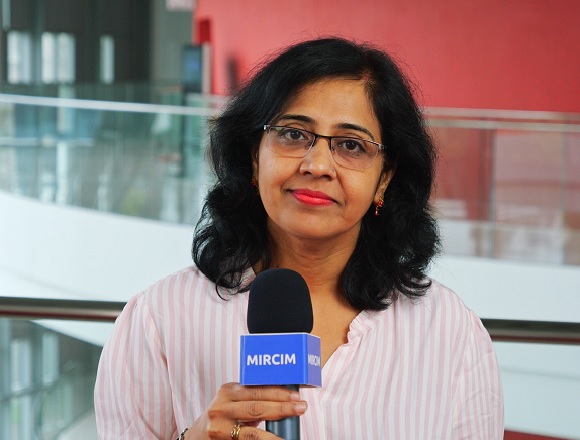Jyotirmoy Pal, MD, is a professor of medicine and editor in chief of the McMaster Textbook of Internal Medicine South Asia Edition.
You have extensive experience in managing COVID-19. If you were to advise colleagues without such experience, what would you tell them to pay special attention to?
Now we are passing through the post-COVID period. As physicians, what we observed was that COVID-19 has caused a lot of psychological disturbances to the [infected people but also to those not infected]. Particularly in the case of anxiety, depression, palpitations—palpitation is very common, with up to 30% of patients. Patients become very panicked, their relatives become panicked, rushing to doctors. But we should assure, in COVID-19 we have to give pure psychological assurance to every patient. This is one part.
Second part, we are now observing more cardiovascular disease, sudden cardiac death, sudden myocardial infarction in patients who have no risk factors; there is an increased incidence [of this] in the post-COVID era.
Thirdly, there is some infection. Mucormycosis I have already mentioned [see Clinical presentation of SARS-CoV-2 infection in South Asia], but also tuberculosis. It is known that on the Indian subcontinent and in this other part of Asia tuberculosis is very common, particularly in Vietnam, Thailand, India, Pakistan, Bangladesh. But as the COVID-19 infection causes the diminution of the immune system, there is more and more tuberculosis infection that we are recording. We are very much concerned about drug-resistant tuberculosis, which is up to 8% in the Indian subcontinent.
One [optimistic] report is Covaxin. We have used Covaxin, the Indian inactivated vaccine manufactured by an Indian scientist. After application to one particular population in India, there is a promising result and people are quite protected with Covaxin. So hopefully this vaccine will give a new life to the Indian population.
 English
English
 Español
Español
 українська
українська

